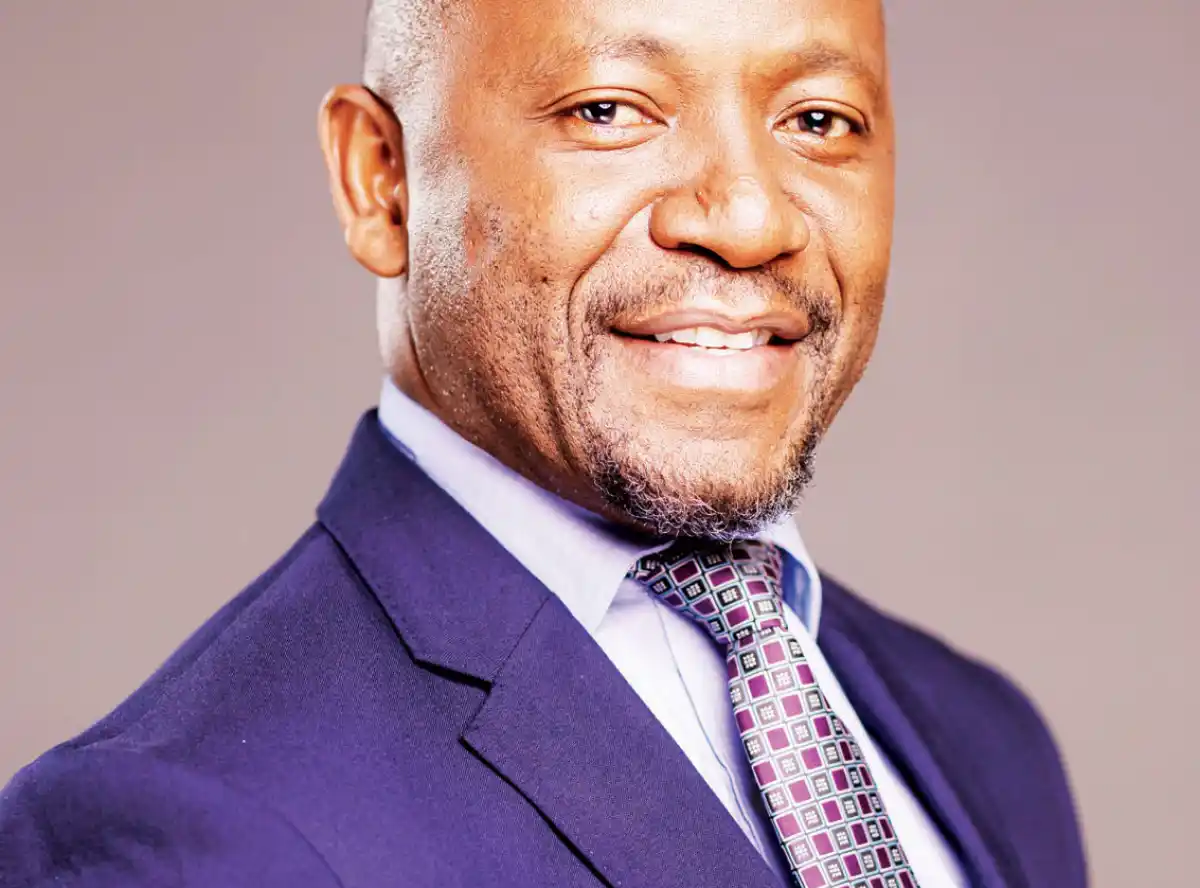
The country’s civil society organisations (CSOs) have said the government should set interest rates instead of allowing market forces to determine them.
The CSOs made the resolution in a communiqué issued at the end of the National Debt Conference held in Lilongwe last week.
The call comes at a time the country’s commercial banks have pegged their reference rates around 25.40 percent in July, a development which places interest rates around 30 percent depending on the borrower’s risk profile. The CSOs argue that dictating interest rates could help stabilise the economy, protect consumers from volatile market conditions and ensure that interest rates are aligned with national economic goals.
But Bankers Association of Malawi (Bam) President Philip Madinga on Monday said the government, through the Reserve Bank of Malawi (RBM), already sets interest rates implicitly via the policy rate and the self-regulating reference rate.
According to Madinga, anything operating outside the economic fundamentals may not be feasible and could potentially be short-lived if not well thought through.
The Bam chief said the government can positively impact rates by managing the fiscus better, which is something he knows the government is already working towards.
“Same arguments against interest capping would potentially hold in this case, key one being that banks may potentially avoid riskier sectors to protect or preserve their capital and balance sheets and potentially protect income statements,” Madinga said.
He was quick to note that one would also argue that the proposal may be feasible but a number of things may have to be considered.
He added that credit risk appetite discussions are mostly independent of the level of interest rates.
“Most likely, affordability will be to those who had already accessed loans but others may still not be able to access funding if appetite is not there from banks. Taking more risk in light of a low yield would be tricky or low,” Madinga said.
According to Madinga, if mainly the setting of interest rates is on debt, he thinks this would work given that the yields on auctions can be controlled.
RBM spokesperson Mark Lungu described the request by the CSOs as contentious, saying it requires a thorough analysis of why Malawi is in a high interest environment.
“Only when we appreciate why we are where we are can we then debate on what we need to do as a country to create a conducive environment that will make those in lending business happy while at the same time making borrowers not worse off,” Lungu said.
Commenting on the resolution, Economics Association of Malawi President Bertha Bangara Chikadza, who was part of the conference, yesterday said without the interest capping bill in place, the government cannot control interest rates.
“If anything, interest rates will go down once inflation goes down because banks respond to the policy rate which the Reserve Bank of Malawi (RBM) sets to curb rising inflation.
“Once inflation comes down and the policy rate comes down, there will not be a reason for banks to maintain high interest rates,” Chikadza said.
Scotland-based economist Velli Nyirongo yesterday said setting interest rates directly by the government, rather than allowing market forces to determine them, constitutes a significant economic intervention risk with both potential advantages and challenges.
According to Nyirongo, the advantages include enhanced economic stability, protection for consumers from volatile borrowing costs, and the ability to align interest rates with national economic bjectives.
He was quick to note that while direct government control of interest rates could stabilise the economy and protect consumers, it is a complex and risky endeavour.
“Its feasibility will largely depend on Malawi’s specific economic context and the government’s capacity to manage such a system effectively.
“I would recommend a balanced approach, incorporating both direct intervention and market mechanisms may be more practical. This should involve learning from international experiences and past domestic efforts, such as the prolonged fixing of the Kwacha, which ultimately led to a detrimental 44 percent devaluation,” Nyirongo said.
Blantyre-based economist Marvin Banda said allowing the government to set the ceiling should not even be considered as it would be giving carte blanche to the government to run debt rampantly.
According to Banda, the fundamentals of interest rates are not whimsically chosen nor should they be open to price fixing because the interest rate is a steady state price that is determined by many factors such as expected inflation, exchange rate pressures.
“Price fixing is a futile attempt to uphold a narrative of economic prosperity.
“Allowing the government to set the price of securities which it already issues for the purpose of contracting deficit financing, would cause great distortions to the economy at both in the short and long run as well as creating an unstable government monopoly with no checks and balances which would incredibly abate debt contraction in the domestic market and lead to fiscal dominance,” he said.
Banda observed that when the government sets its own price, it leaves no room for monetary policy and it robs the financial sector of any control it maintains through the independence of the Reserve Bank within government.








0 Comments